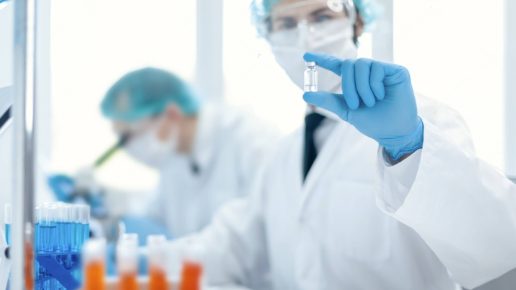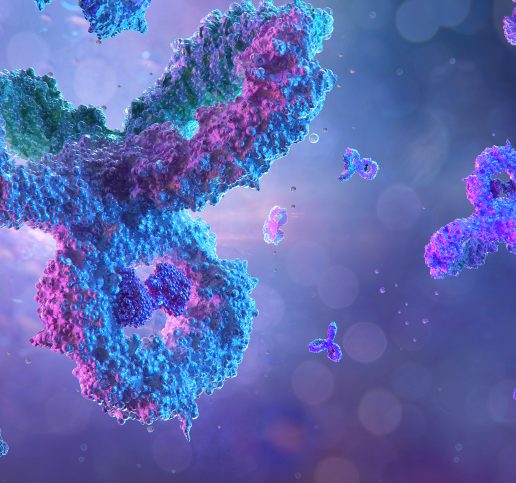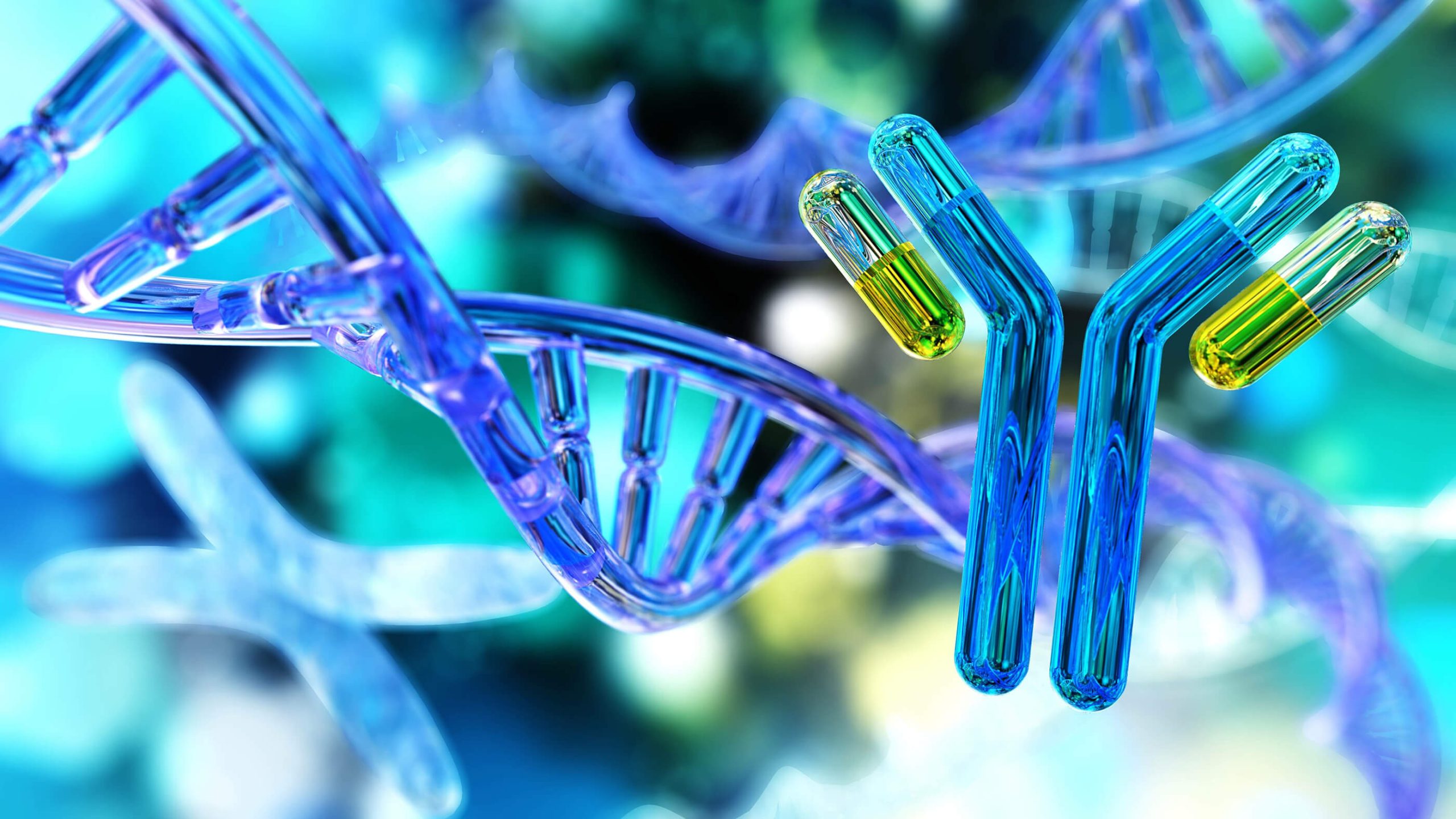Scientific, Economic, and Ethical Drivers for Phasing Out Animal Use in Antibody Production
While traditional animal-derived antibodies ( polyclonal and monoclonal antibodies) are widely used in research, diagnostics and therapeutics, they often prove unreliable, failing to consistently recognise their targets. This issue contributes significantly to the “reproducibility crisis” in scientific research, leading to millions of dollars wasted on unreliable products and discarded experiments. According to the Scientific Advisory Committee (ESAC) working group of the EU Reference Laboratory for Alternatives to Animal Testing (EURL ECVAM):
“At an annual worldwide spending of $1.6 billion on the antibody market, and with only 5-49% functionality being reported in monoclonal reagents alone, a staggering annual loss of $800 million to the biomedical research community is estimated, without counting the additional and unaccounted cost for waste in materials, time, money and follow-on research.”
Beyond the scientific and economic challenges, there is a clear ethical imperative to replace animals in antibody production. Approximately 1 million animals are used in antibody production annually in Europe, with global estimates ranging from 5.2 to 13 million animals per year. These figures may be underestimated, as many countries do not publish data on animal usage in research, particularly for custom-made antibodies.
In 2020, the EU Reference Laboratory for alternatives to animal testing (EURL ECVAM) issued recommendations to phase out animal-derived antibodies:
“…animals should no longer be used for the development and production of antibodies for research, regulatory, diagnostic and therapeutic application. The provisions of Directive 2010/63/EU should be respected and EU countries should no longer authorise the development and production of antibodies through animal immunisation, where robust, legitimate scientific justification is lacking.”
Recombinant antibodies and antibody mimetics represent a scientifically superior and ethical alternative to traditional antibodies.
Although the ECVAM recommendations mark a pivotal step towards reducing animal use, a complete shift to recombinant antibodies and antibody mimetics will only be realised when end users actively prioritise and demand them. This change is essential for making them the standard choice in academic and commercial laboratories worldwide.

Recombinant antibodies in action: COVID-19
Just one great example of the potential development speed and reproducibility of recombinant antibodies comes from a collaboration between Active Motif Shanghai (a subsidiary of Active Motif, Inc.), Fudan University and its affiliated Public Health Clinical Center. This group was able to quickly isolate, clone, express, purify and characterise antibodies from patients infected with the COVID-19 virus.
Using Active Motif’s proprietary AbEpic™ platform, they developed and characterise 9 recombinant human antibodies against the SARS-Cov-2 spike protein within just a few weeks. These antibodies are currently being further developed and validated by other researchers for use in diagnostic assays.

